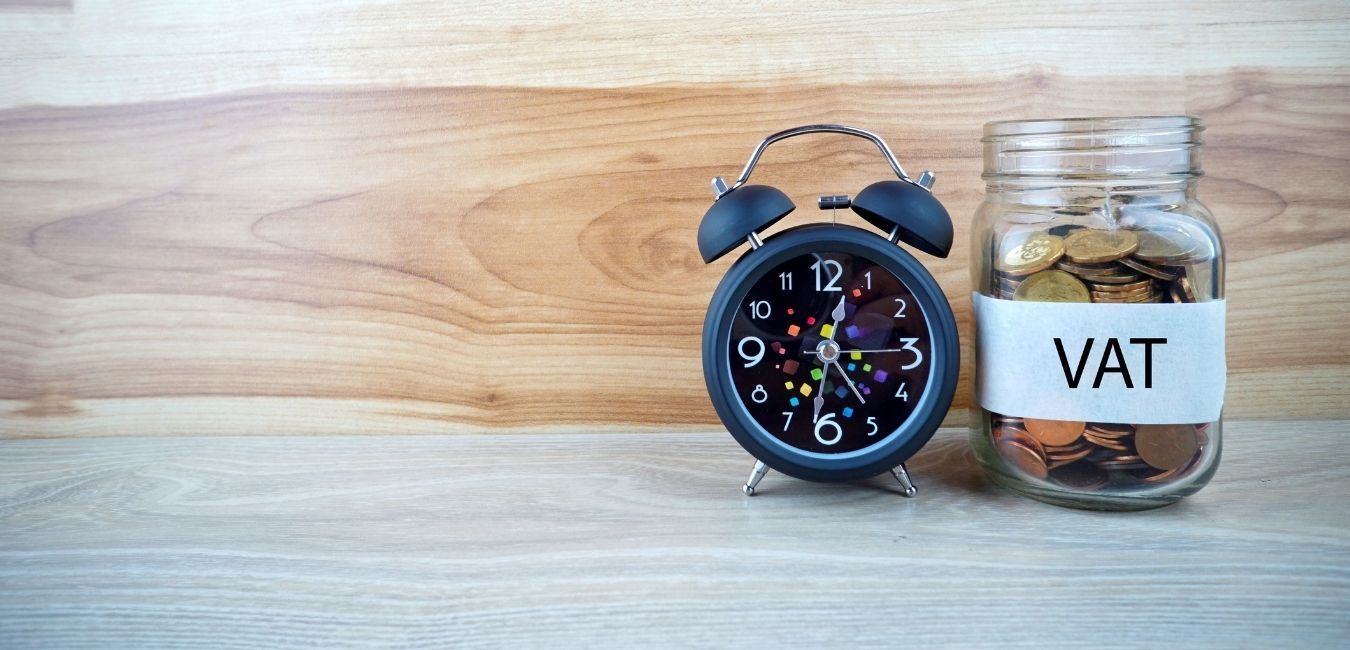BY:
SHARE:

Demystifying the Vat Value Adjustment
When goods coming from abroad cross the UK border, they become liable for UK import duty and value added tax.
There are various types of tax payable when goods cross the border into the UK. The most common types are import duty and value added tax. However, your goods may also be liable to excise duty (alcohol, hydrocarbon oil), antidumping duty, climate levy, etc.
In this article, we discuss the topic of import VAT.
The Tariff provides the available rates of VAT applicable to the product we are importing. When multiple rates of VAT are available, specific VAT rules regulate how these can be used. Further details is available here
Import VAT is calculated using this formula:
Value for VAT purposes =
Value of the landed goods +
Duty +
Incidentals incurred in the UK +
Cost of delivery within the UK
There is a separate article explaining how we arrive to the value of the landed goods. Read More
Let’s assume we know the value of the landed goods and that we have calculated the amount of duty payable.
We now need to turn our attention to the incidentals.
HMRC defines as incidentals all the costs incurred in fulfilling the contract between the buyer and the seller, after the introduction of the goods into the UK. For example, we need to consider the costs of customs brokerage, national freight (transport within the UK), container terminal charges, inspections, etc.
HMRC understands that it may be challenging to calculate incidentals at the time of filing a customs declaration, considering that often the incidentals are incurred after the goods have crossed the border.
HMRC VAT Notice 252 (link below) includes a table of values that can be used to estimate the incidentals. Using these rates is accepted by HMRC without the need to file actual values at a later stage.
The table provides the following scales:
- Air freight 40p per chargeable kilo – minimum £100.00
- Sea or road groupage i.e. Less than Container Load - £90.00/tonne + £80.00/consignment – minimum £170.00
- Sea or road Full Container Loads - £550.00 per consignment
The final part is the cost of National Freight.
Depending on the Incoterms, this cost may already be included in the invoice. For example, in a DAP invoice you could have both the national and international elements of the freight included in the price paid.
The compliant approach when you have this situation would be to deduct the national freight from the invoice value for duty calculations, and declare that amount separately as an element of the Vat Value Adjustment to calculate the correct amount of payable VAT.
Naturally, when we deal with 0% duty rate, separating the national from the international freight will have no effect on the overall amount of VAT payable.
Postponed VAT Accounting
As a final consideration, we should mention that the Postponed VAT Accounting is a mechanism now available to all VAT registered importing businesses.
Whilst traditionally import VAT has always been due at the time of importation, since 1st Jan 2020, all VAT registered traders have had the facility to postpone VAT.
This mechanism allows for VAT to be calculated at time of importation but not paid until later.
Traders can elect to postpone VAT at import and deal with it when filing their periodic VAT return. On the return, traders would then list the amount of import VAT due and import VAT to be reclaimed at the same time. For most businesses, import VAT is entirely reclaimable. PVA is therefore an excellent – and free – way of improving cashflow for importing businesses.
While you are here you may be interested in some Strong & Herd LLP training courses related to this topic, we offer a wide range of high quality training courses to support all importing and exporting activities.
OneCall™ Email assistance as and when required; A one-call solution for all your import, export and customs enquiries. Export help. Import help. Customs help.
Stay informed about customs and international trade matters by subscribing to our OneCall™ service. This comprehensive offering includes a dedicated email helpline for support, timely practical updates direct to your inbox (Did You Know?), monthly UK Customs & Trade Briefings and access to an interactive members' area with an exclusive community for our subscribers.
International Trade Updates & Spotlight Newsletter
Subscribe to our free information emails covering international trade topics...









